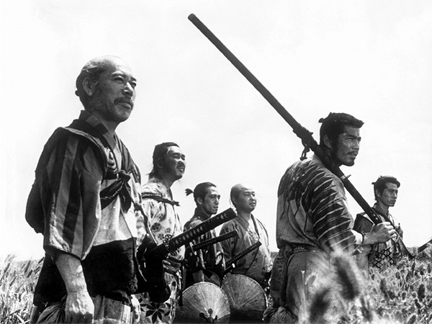
There comes a time in every kid’s life when he starts wishing he was a brave warrior in ancient Japan cutting down hordes of treacherous ninjas like jonesing crack addicts cut random pedestrians for drug money. In many cases, the dream of becoming a samurai forever remains a fantasy, but considering all the stuff they never told you about these oriental warriors, it might have been for the best. You see…
5. The Samurai Were Rampaging Pedophiles
It’s nice to imagine that after a hard day’s work of slashing worthless enemies and being honorable, a typical samurai would retire to his room to meditate on the nature of life and death while sharpening his sword in preparation for tomorrow’s murder filled activities. In reality, however, most of them relaxed atop a pasty 12-year-old boy clenching his teeth and hoping the “master” will be “done” with him soon.
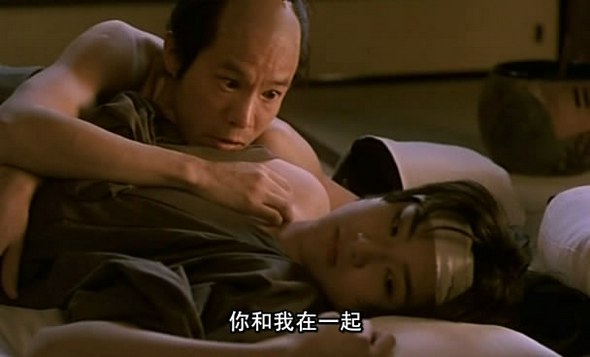
This type of relationship, akin to the Greek pederasty, was known as Shudō (meaning “The Way of the Young”) in medieval Japan all the way up to the 19th century. It was an officially and widely encouraged form of apprenticeship between an experienced samurai and a young boy, established to form strong, basically lover-like bonds between two warriors.
Back then it was believed that sexual relations with women weakened the mind and body, but that there was nothing better for one’s battle spirit than having rough bum sex with other men… until your young partner became a full-fledged warrior (i.e. an adult). That was when the butt-love stopped because it was no longer considered appropriate.
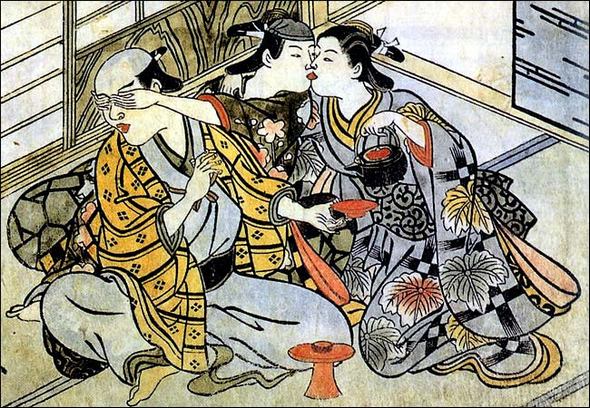
Hey, who knew that NAMBLA was founded on the principles of the samurai code?
4. The Samurai Were About As Faithful As a Lonely Housewife
We’ve all heard how it supposedly was with the samurai: they would sooner perform impromptu bowel surgery on themselves before bringing shame to their master by surrendering to the enemy. Unfortunately, real-life very rarely was that dramatic. While you certainly can find examples of such deeply troubled individuals in the annals of Japanese history, the majority of samurai tended to change allegiances (that is “masters”) more often than most of us change our underwear.
During the Sengoku period of Japan—literally “Country at War”—dozens of small-time warlords literarily tore up the countryside fighting each other, trying to gain control over the archipelago. If every guy in their ranks killed himself the minute their side lost, the entire samurai population of Japan would have been reduced to nothing more than a handful of schmucks who were out sick the day this s?*t was going down.
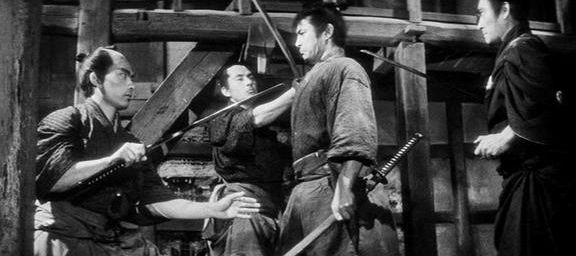
Coming over to the strongest guy’s camp was a pretty standard thing to do in feudal Japan, and it definitely wasn’t in bad taste to bring your former employer’s head as a present for the new boss.
3. At One Point, the Samurai Simply Quit Their Jobs
Everyone who has seen “The Last Samurai” usually comes to the logical conclusion it was the cold uncircumcised sting of technology and “modernity” that killed off this proud class of Asian warriors. Because, hey, it wasn’t like almost all of the samurai have given up on warriors decades before the West came knocking on Japan’s door, right? Right?
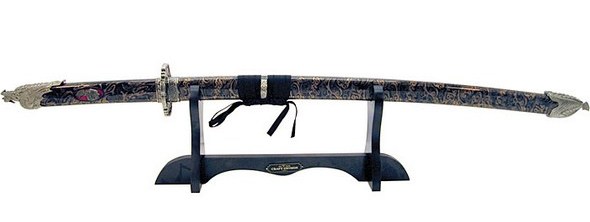
Yeah, about that… when the Sengoku period of Japan ended and Tokugawa Ieyasu became the undisputed ruler of a new unified country, there came an era of peace… aka the warrior’s worst enemy. With no domestic enemies to speak of and the country completely cutting itself off from the rest of the world, the samurai found themselves hungry and without work. It was the era of the masterless samurai, the Ronin, traveling the Land of the Rising Sun with a sign that read “Will be a noble fighter for food”.
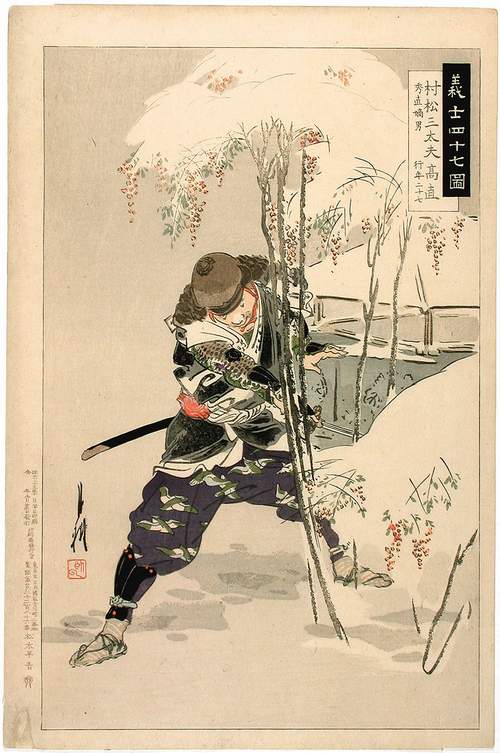
There did remain a very small fraction of samurai clans but only those who were smart enough to rent themselves out as bodyguards to lesser royalty or wealthier guilds. The rest simply sold off their swords (the very thing they used to call their “souls”) and became either merchants or farmers. Speaking of which…
